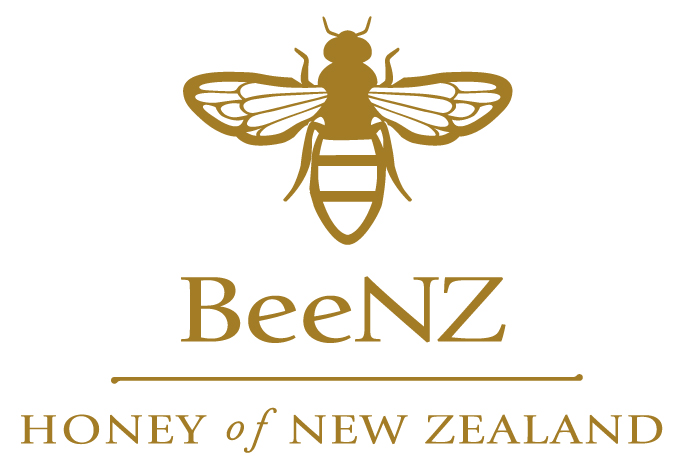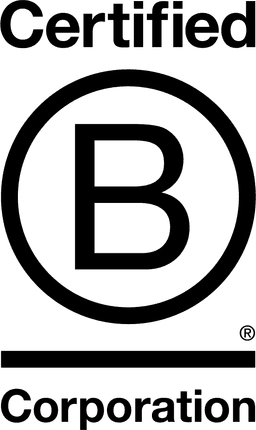

BeeNZ Ltd

1.6
Bay of Plenty Region, New Zealand
September 2022
Food products
Manufacturing
China,
Germany,
Italy,
Japan,
New Zealand,
Saudi Arabia,
Switzerland,
United States
~ BeeNZ - Nurturing Nature, Sharing our Goodness ~ BeeNZ is a family owned , quality focused, New Zealand honey company founded in 2015 by David & Julie Hayes. Built on family values and respect for nature, people and community, BeeNZ takes absolute care in the entire process from hive to jar. These values underpin what makes BeeNZ purely extraordinary. Of importance to BeeNZ is the sustainability and longevity of the New Zealand beekeeping and honey industries. BeeNZ is committed to a high standard of social and environmental responsibility and ethical conduct. Close to BeeNZ’s heart is the positive impact it can bring to its community, people and planet. Today BeeNZ is proud to be a premium New Zealand honey exporter specialising in producing and exporting high quality New Zealand honey product.
Overall B Impact Score
Governance 15.4
Governance evaluates a company's overall mission, engagement around its social/environmental impact, ethics, and transparency. This section also evaluates the ability of a company to protect their mission and formally consider stakeholders in decision making through their corporate structure (e.g. benefit corporation) or corporate governing documents.
What is this? A company with an Impact Business Model is intentionally designed to create a specific positive outcome for one of its stakeholders - such as workers, community, environment, or customers.
Workers 25.3
Workers evaluates a company’s contributions to its employees’ financial security, health & safety, wellness, career development, and engagement & satisfaction. In addition, this section recognizes business models designed to benefit workers, such as companies that are at least 40% owned by non-executive employees and those that have workforce development programs to support individuals with barriers to employment.
Community 17.9
Community evaluates a company’s engagement with and impact on the communities in which it operates, hires from, and sources from. Topics include diversity, equity & inclusion, economic impact, civic engagement, charitable giving, and supply chain management. In addition, this section recognizes business models that are designed to address specific community-oriented problems, such as poverty alleviation through fair trade sourcing or distribution via microenterprises, producer cooperative models, locally focused economic development, and formal charitable giving commitments.
Environment 24.6
Environment evaluates a company’s overall environmental management practices as well as its impact on the air, climate, water, land, and biodiversity. This includes the direct impact of a company’s operations and, when applicable its supply chain and distribution channels. This section also recognizes companies with environmentally innovative production processes and those that sell products or services that have a positive environmental impact. Some examples might include products and services that create renewable energy, reduce consumption or waste, conserve land or wildlife, provide less toxic alternatives to the market, or educate people about environmental problems.
Customers 2.9
Customers evaluates a company’s stewardship of its customers through the quality of its products and services, ethical marketing, data privacy and security, and feedback channels. In addition, this section recognizes products or services that are designed to address a particular social problem for or through its customers, such as health or educational products, arts & media products, serving underserved customers/clients, and services that improve the social impact of other businesses or organizations.